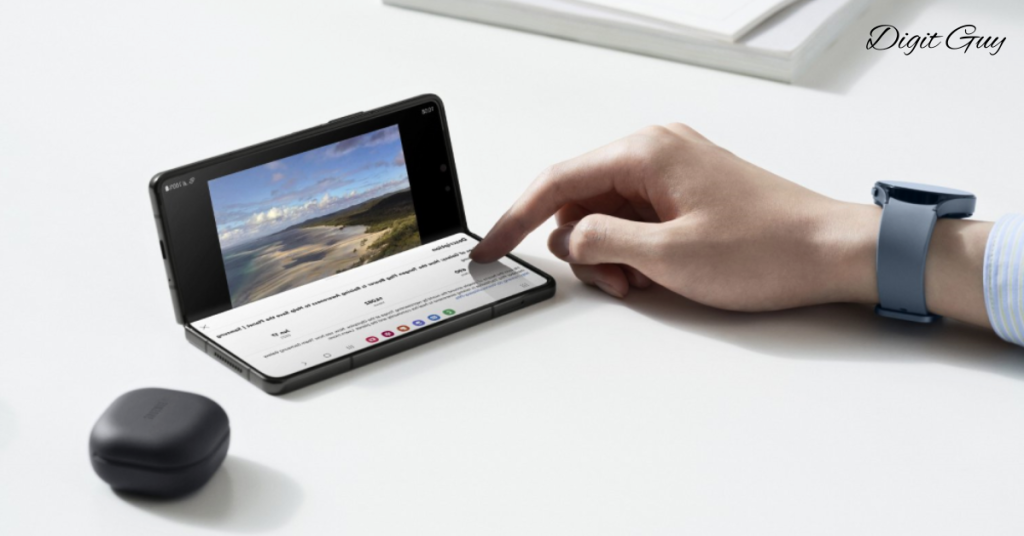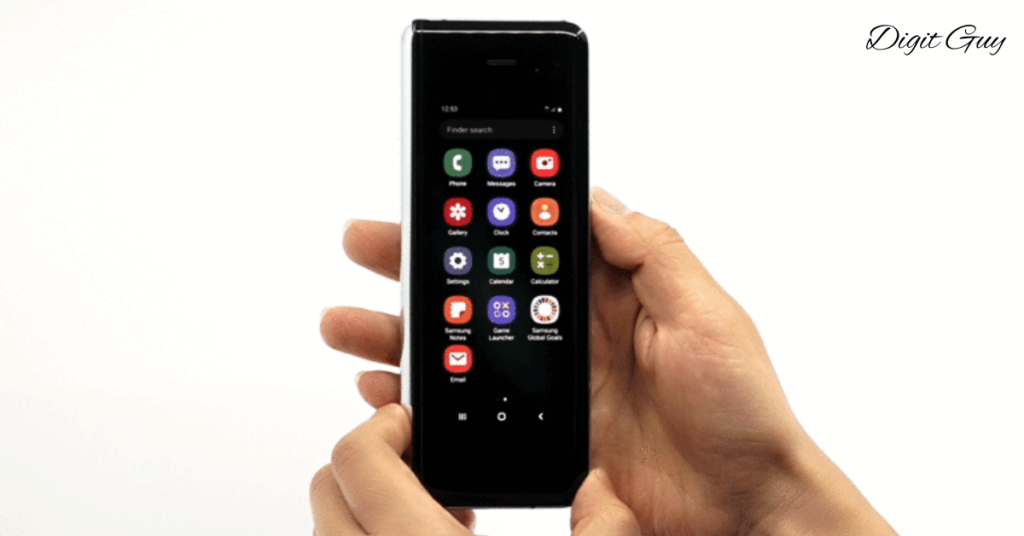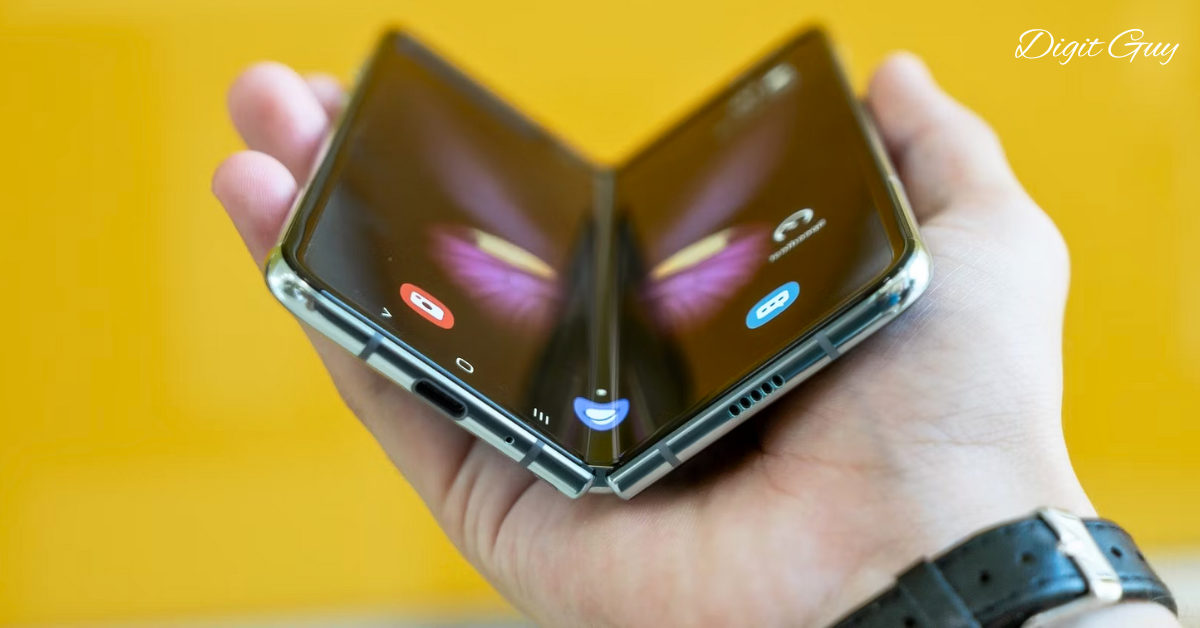In recent years, foldable phones have captured the imagination of both tech enthusiasts and casual consumers. These innovative devices, combining the functionalities of smartphones and tablets, offer a glimpse into the future of mobile technology.
However, as with any emerging technology, foldable phones come with their own set of advantages and disadvantages. This article delves into the detailed aspects of foldable phones to provide a comprehensive understanding of their benefits and drawbacks.
Advantages of Foldable Phones

1. Larger Display in a Compact Form
One of the most significant advantages of foldable phones is the ability to have a larger display without compromising on portability. Foldable screens can expand to tablet-like sizes, offering an enhanced viewing experience for multimedia consumption, gaming, and productivity tasks. When folded, these devices retain the compactness of a traditional smartphone, making them easy to carry around.
2. Multitasking Capabilities
Foldable phones excel in multitasking. With larger screens, users can run multiple apps simultaneously, side-by-side, without the need for switching between them. This feature is particularly beneficial for professionals who need to manage emails, documents, and communication apps at the same time. Enhanced multitasking improves efficiency and productivity, transforming how we use mobile devices for work and play.
3. Innovative Design and User Experience

The aesthetic appeal and novelty of foldable phones cannot be overstated. Their unique design offers a fresh and futuristic user experience that sets them apart from standard smartphones. The foldable mechanism itself can be a talking point and a status symbol, appealing to early adopters and tech-savvy users who crave the latest innovations.
4. Versatility
Foldable phones provide a versatile user experience. They can function as a smartphone when folded and transform into a tablet when unfolded. This versatility is ideal for users who want the best of both worlds without having to carry multiple devices. Whether for reading, streaming, or productivity, foldable phones adapt to various needs seamlessly.
5. Enhanced Gaming Experience
Gamers benefit from the larger, high-resolution displays of foldable phones. The expansive screen real estate enhances the gaming experience, providing more immersive visuals and more comfortable controls. Foldable phones often come with advanced hardware specifications to support intensive gaming, making them a great choice for mobile gamers.
Disadvantages of Foldable Phones

1. High Cost
One of the primary drawbacks of foldable phones is their high cost. The cutting-edge technology and materials required to produce these devices make them significantly more expensive than traditional smartphones. This high price point can be a barrier for many consumers, limiting the widespread adoption of foldable phones.
2. Durability Concerns
Durability is a significant concern with foldable phones. The flexible screens and complex hinge mechanisms are more susceptible to damage than the solid construction of conventional smartphones. Issues such as screen creases, hinge wear, and potential vulnerability to dust and moisture can affect the longevity and reliability of foldable phones.
3. Weight and Thickness
Foldable phones tend to be heavier and thicker than their non-foldable counterparts. The additional layers required for the foldable display and hinge mechanism contribute to the increased weight and thickness, which can affect the device’s portability and comfort during extended use.
4. Limited App Optimization

While foldable phones offer larger screens and multitasking capabilities, not all apps are optimized for these unique form factors. App developers need to adapt their software to fully leverage the advantages of foldable displays. Until more apps are optimized, users might encounter inconsistencies in app performance and usability.
5. Battery Life
Battery life can be a concern for foldable phones. The larger screens and more powerful processors used in these devices typically consume more power. Manufacturers need to strike a balance between battery capacity and device thickness, which can sometimes result in shorter battery life compared to traditional smartphones.
Conclusion
Foldable phones represent a significant leap forward in mobile technology, offering numerous advantages such as larger displays, multitasking capabilities, innovative designs, versatility, and enhanced gaming experiences. However, they also come with disadvantages like high cost, durability concerns, increased weight and thickness, limited app optimization, and potential battery life issues.
As the technology matures and manufacturers continue to innovate, many of these drawbacks may be addressed, making foldable phones more appealing to a broader audience. For now, consumers should weigh the benefits against the potential downsides to determine if a foldable phone meets their needs and expectations.
Frequently Asked Question
Are foldable phones durable?
While foldable phones are built with advanced materials and technology, their durability can be a concern. The flexible screens and hinge mechanisms are more prone to wear and tear compared to traditional smartphones. Manufacturers have made significant strides in improving durability, but users should still handle these devices with care to avoid damage.
Do foldable phones support all apps?
Foldable phones support most apps available for standard smartphones. However, not all apps are optimized to take full advantage of the foldable display’s unique form factor. Developers are continually updating their apps to enhance compatibility and usability on foldable devices, so the situation is improving over time.
How does the battery life of foldable phones compare to regular smartphones?
The battery life of foldable phones can vary. Generally, the larger screens and powerful processors in foldable phones consume more power, potentially resulting in shorter battery life compared to regular smartphones. However, manufacturers are working to improve battery efficiency, and some foldable phones offer competitive battery performance.
Are foldable phones worth the high cost?
Whether a foldable phone is worth the high cost depends on the individual user’s needs and preferences. Foldable phones offer unique advantages, such as larger displays and enhanced multitasking capabilities, which may justify the price for some users. However, the high cost can be a barrier for others, especially if they do not heavily utilize these features.
Can foldable phones replace both a smartphone and a tablet?
Foldable phones are designed to combine the functionalities of both a smartphone and a tablet, offering a versatile user experience. For many users, a foldable phone can effectively replace the need for carrying two separate devices. However, the specific use case and personal preferences will determine if a foldable phone can fully replace both devices for an individual user.

2 thoughts on “Advantages and Disadvantages of Foldable Phones”
Comments are closed.